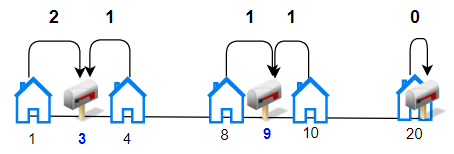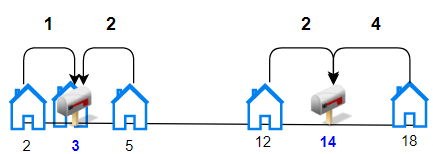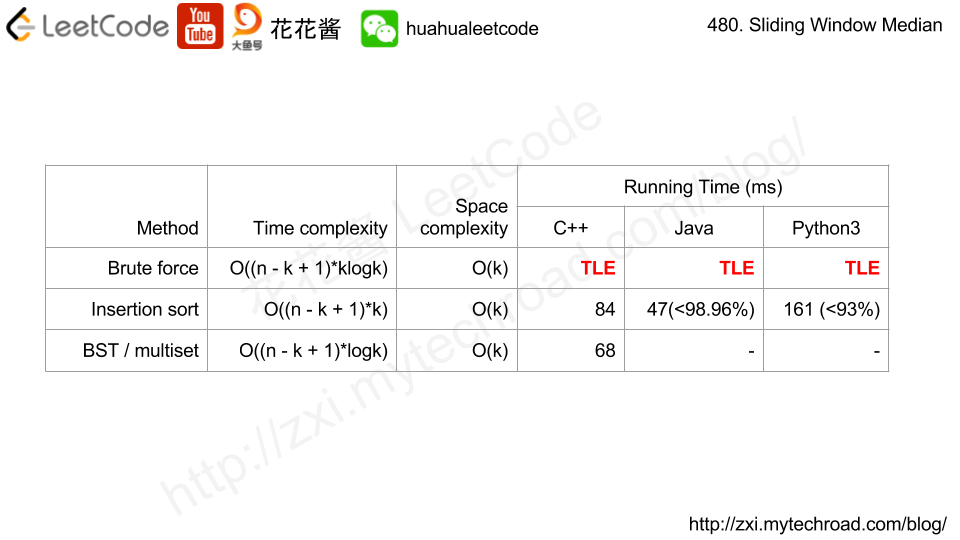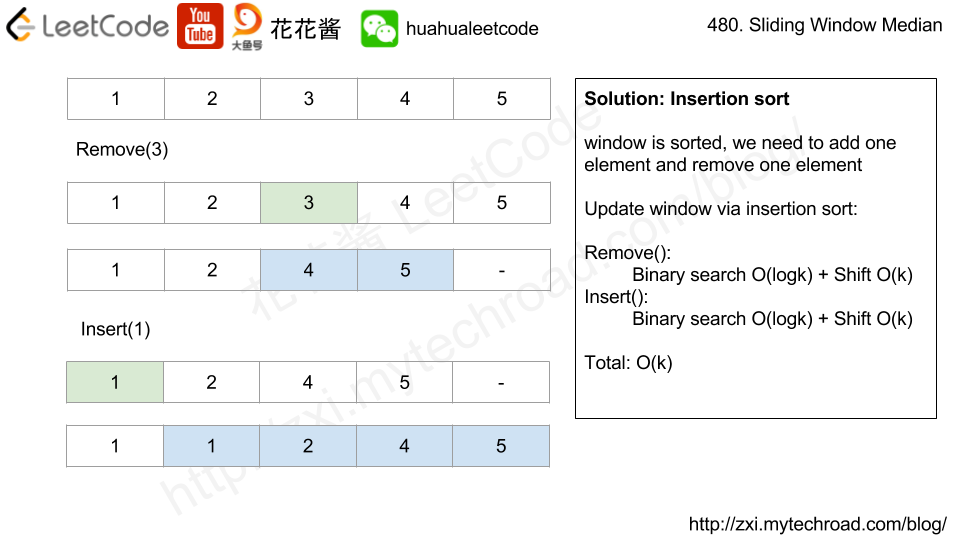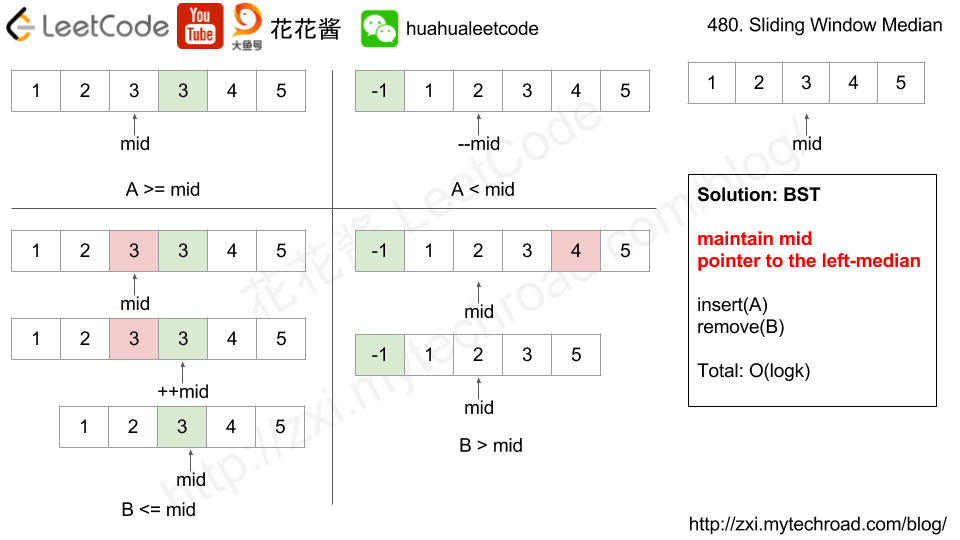You are given a 2D integer grid of size m x n and an integer x. In one operation, you can add x to or subtract x from any element in the grid.
A uni-value grid is a grid where all the elements of it are equal.
Return the minimum number of operations to make the grid uni-value. If it is not possible, return -1.
Example 1:
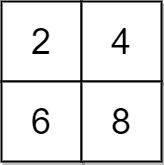
Input: grid = [[2,4],[6,8]], x = 2 Output: 4 Explanation: We can make every element equal to 4 by doing the following: - Add x to 2 once. - Subtract x from 6 once. - Subtract x from 8 twice. A total of 4 operations were used.
Example 2:
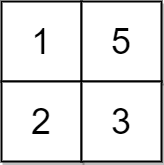
Input: grid = [[1,5],[2,3]], x = 1 Output: 5 Explanation: We can make every element equal to 3.
Example 3:
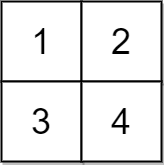
Input: grid = [[1,2],[3,4]], x = 2 Output: -1 Explanation: It is impossible to make every element equal.
Constraints:
m == grid.lengthn == grid[i].length1 <= m, n <= 1051 <= m * n <= 1051 <= x, grid[i][j] <= 104
Solution: Median
To achieve minimum operations, the uni-value must be the median of the array.
Time complexity: O(m*n)
Space complexity: O(m*n)
C++
|
1 2 3 4 5 6 7 8 9 10 11 12 13 14 15 16 17 18 19 |
// Author; Huahua class Solution { public: int minOperations(vector<vector<int>>& grid, int x) { const int mn = grid.size() * grid[0].size(); vector<int> nums; nums.reserve(mn); for (const auto& row : grid) nums.insert(end(nums), begin(row), end(row)); nth_element(begin(nums), begin(nums) + mn / 2, end(nums)); const int median = nums[mn / 2]; int ans = 0; for (int v : nums) { if (abs(v - median) % x) return -1; ans += abs(v - median) / x; } return ans; } }; |
